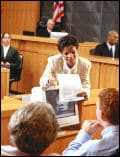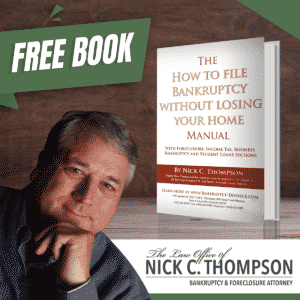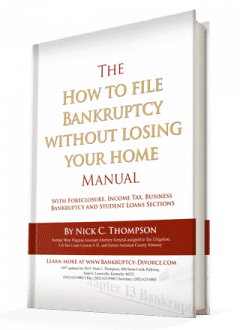
Student loan defaults are increasing dramatically! As a result, there are a lot of lawsuits, collection activities and default judgments. What happens in many student loan cases is students—especially minority students are victims of fraud. This happens when the school and the lender know the education the student receives from them will not enable the student to repay the loan. Never-the-less, the school sells a worthless education to the student to make a profit. The lender promotes and sells unaffordable loans to the student. Of course, they make a nice profit on these loans especially the private loans. The school often talks parents into cosigning. Obviously, the student is not important to the for-profit lenders and schools.
Kentucky Student Loan Lawsuits are Dramatically Increasing
Unfortunately, many minorities and others are taken in by private for-profit schools. Then, the education they receive does not allow the student to repay the debt. When this happens, students may or may not even get a deferments for a private loan. When the loan becomes contractually overdue the private loans go into default. The government loans go into default when they are 270 days overdue and then a 25% penalty is often assessed.
It’s no surprise that student loans are going into default by the millions. Federal student loans have many options and programs that can save a student from default. Federal loans can be consolidated or rehabilitated.
The private loans have no options and with high interest rates they are guaranteed to fail. We often negotiate settlements, defend private student loan lawsuits in state court or file a bankruptcy to defeat them. Settlements are often the least successful method, bankruptcy often causes the loan to be charged off and the state court lawsuit to be dismissed and rarely refiled.
The bankruptcy option for Louisville student loan lawsuits.
Bankruptcy can discharge some military student loans. This happens automatically because separate statutes enable them to discharge after five years or no waiting period. But, the majority of student loans require a student to qualify for an undue hardship to discharge the student loan. Even if a student cannot get a discharge, filing a Chapter 13 bankruptcy is often a good method to make the loan either affordable or uncollectible.
If private student loans are a problem there are many defenses in state court. These defenses include the statute of limitations in Kentucky. The Statute of limitations in Kentucky for negotiable instruments is only 7 years and almost all private loans are negotiable instruments. Ordinary written contracts have either a 15 or 10 year SOL (Statute of Limitations) depending on whether the contract was after about July 15th 2014. The statute of limitations in some states only requires the loan to be 3-5 years old to be uncollectible. But, please be aware that in some states like Kentucky, if you admit you owe the loan or make a payment on the loan, it restarts the statute of limitations. Additionally, moving to a state with a shorter statute of limitations often defeats most private student loans.
Some of the defenses to private student loans.
Government loans have few defenses. The statute of limitations and age of majority defense does not apply to government student loans. The goal is often to age private student loans until they are uncollectible. Federally funded student loans have not been dischargeable since 1998 except when a judge finds “undue hardship” of the debtor in an adversary proceeding. About one half of the persons who file for the undue hardship are granted a partial of complete discharge of student loans. It is difficult but not impossible to discharge student loans with the Brunner test for undue hardships.
Since 2005, student loan debtors have had to prove “undue hardship” to discharge private loans. Before 2005, private student loans were automatically dischargeable. After 2005 both private and government loans has the same standard. An adversary proceeding is a separate lawsuit which is filed in bankruptcy court. The Debtor has to prove that paying the loan would be an undue hardship to himself or his dependants to obtain the undue hardship of a student loan. Interestingly, three studies show about half of the undue hardship lawsuits succeed. If you file an adversary, the lenders might offer a settlement on more favorable terms rather than fighting.
 Resources for Bankruptcy
Resources for Bankruptcy
How to Stop Federal Student Loan Wage Garnishment • Video
Hardship Discharge Student Loans
Bankrupt or Discharge Student Loans • Video
Discharge Private Student Loans in Bankruptcy
Student Loan Bankruptcy Qualifications
Do you need help managing your student loan? Contact my office right away to start the conversation. Nick C. Thompson, Attorney: 502-625-0905






